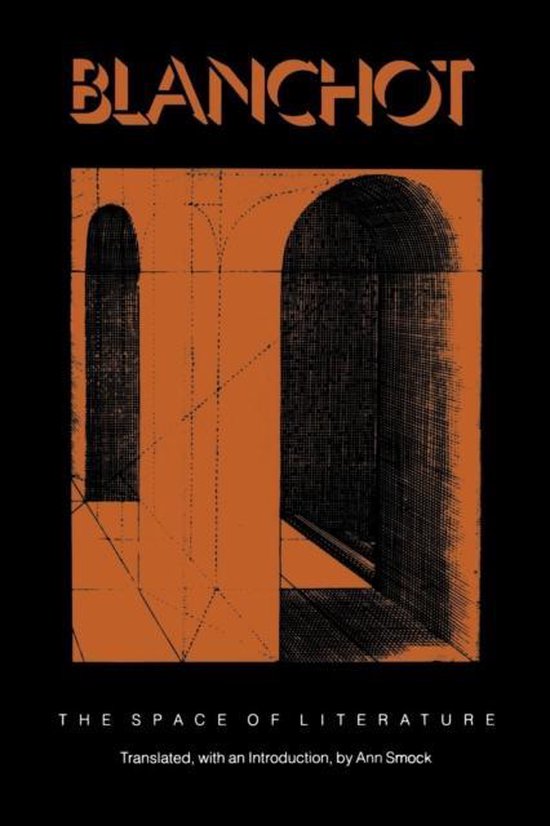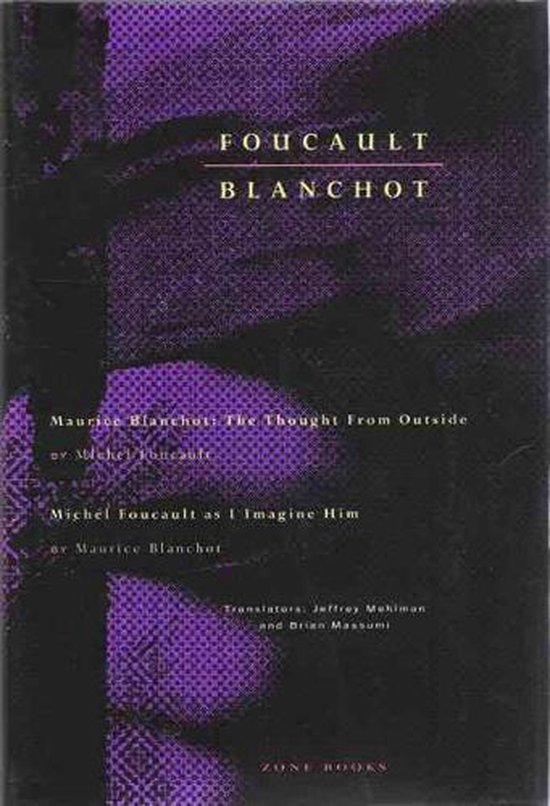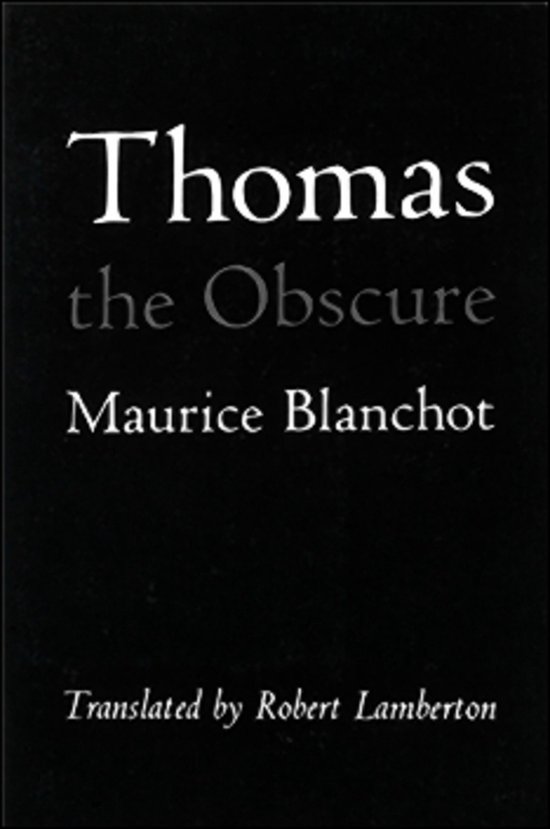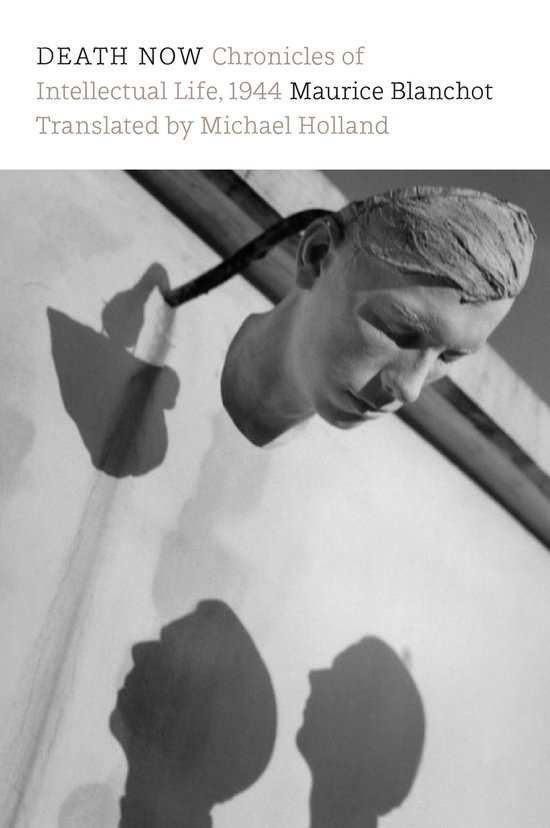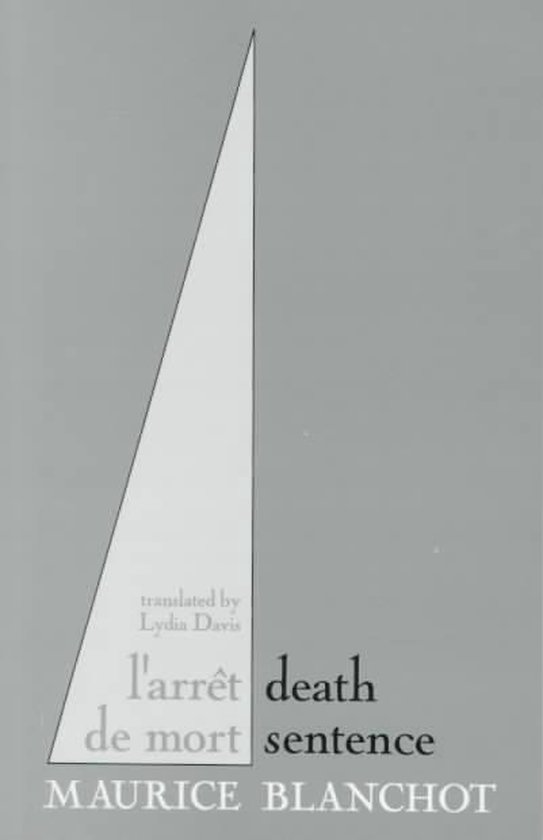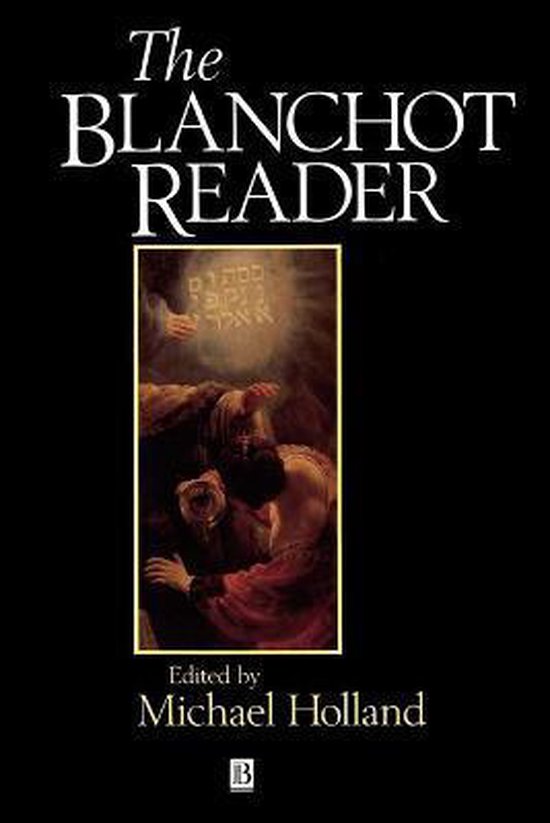
The Blanchot Reader
This reader provides a perspective on the intellectual and personal career of Blanchot. It shows how the linguistic turn of the 1950s took place for him in a political climate and traces the emergence of the entretien, a dialogue format used by Blanchot to interrogate his contemporaries' writing.
Maurice Blanchot's impact on French thinking and culture over the last 50 years has been enormous. Yet he still remains a writer whose work, though often cited, is little-known to the English-speaking reader.
In The Blanchot Reader Michael Holland answers that urgent need and does so in a way that provides a coherent perspective on what by any standard is an extraordinary personal and intellectual career. We see how Blanchot in the 1940s anticipated later post-Sartrean trends, as followed by among others Samuel Beckett and the practitioners of the nouveau roman. We discover how the linguistic turn of the 1950s took place for Blanchot in a political climate, while also occurring within literature and philosophy, and we trace the emergence of the entretien, a dialogue format used by Blanchot to interrogate the writing of his contemporaries, and beyond this to entertain a real dialogue with the `Other' and so to broach the question of ultimate responsibility. The volume concludes with a consideration of Blanchot's development of the `fragment', in his philosophical and his political writings, as well as in those devoted to literature. A final subsection focuses on his recent midrash on Moses and Aaron, dedicated to Jacques Derrida.
A chronology of Blanchot's career and a succinct primary and secondary bibliography are also included, together with a list of English translations of Blanchot's work.
Maurice Blanchot remains a writer whose work, though often cited, is little-known to the English-speaking reader.
In The Blanchot Reader Michael Holland answers that urgent need and does so in a way that provides a coherent perspective on what by any standard is an extraordinary personal and intellectual career.
Maurice Blanchot's impact on French thinking and culture over the last 50 years has been enormous. Yet he still remains a writer whose work, though often cited, is little-known to the English-speaking reader.
In The Blanchot Reader Michael Holland answers that urgent need and does so in a way that provides a coherent perspective on what by any standard is an extraordinary personal and intellectual career. We see how Blanchot in the 1940s anticipated later post-Sartrean trends, as followed by among others Samuel Beckett and the practitioners of the nouveau roman. We discover how the linguistic turn of the 1950s took place for Blanchot in a political climate, while also occurring within literature and philosophy, and we trace the emergence of the entretien, a dialogue format used by Blanchot to interrogate the writing of his contemporaries, and beyond this to entertain a real dialogue with the `Other' and so to broach the question of ultimate responsibility. The volume concludes with a consideration of Blanchot's development of the `fragment', in his philosophical and his political writings, as well as in those devoted to literature. A final subsection focuses on his recent midrash on Moses and Aaron, dedicated to Jacques Derrida.
A chronology of Blanchot's career and a succinct primary and secondary bibliography are also included, together with a list of English translations of Blanchot's work.
Maurice Blanchot remains a writer whose work, though often cited, is little-known to the English-speaking reader.
In The Blanchot Reader Michael Holland answers that urgent need and does so in a way that provides a coherent perspective on what by any standard is an extraordinary personal and intellectual career.
| Auteur | | M Holland |
| Taal | | Engels |
| Type | | Paperback |
| Categorie | | Religie, Spiritualiteit & Filosofie |
